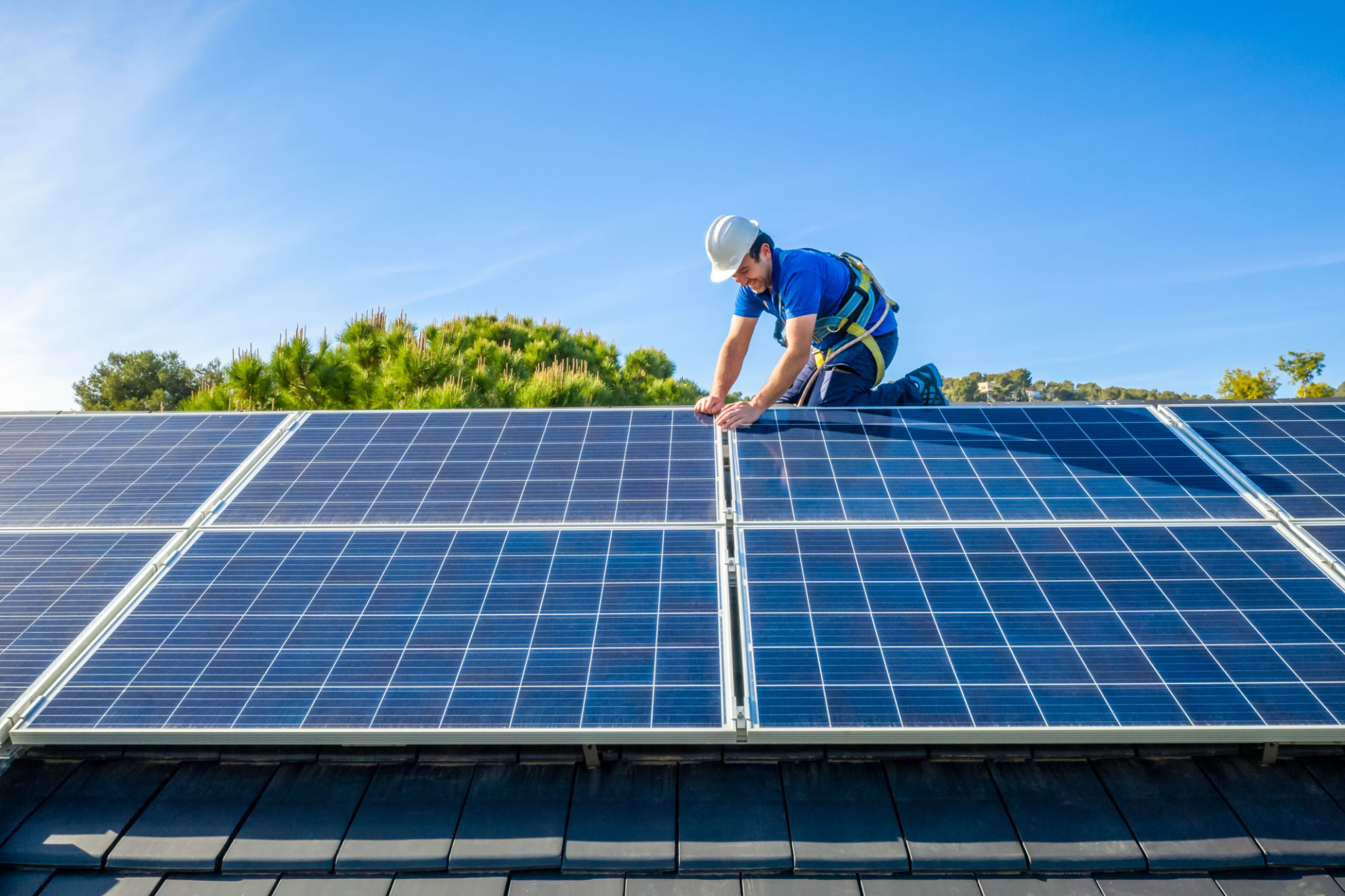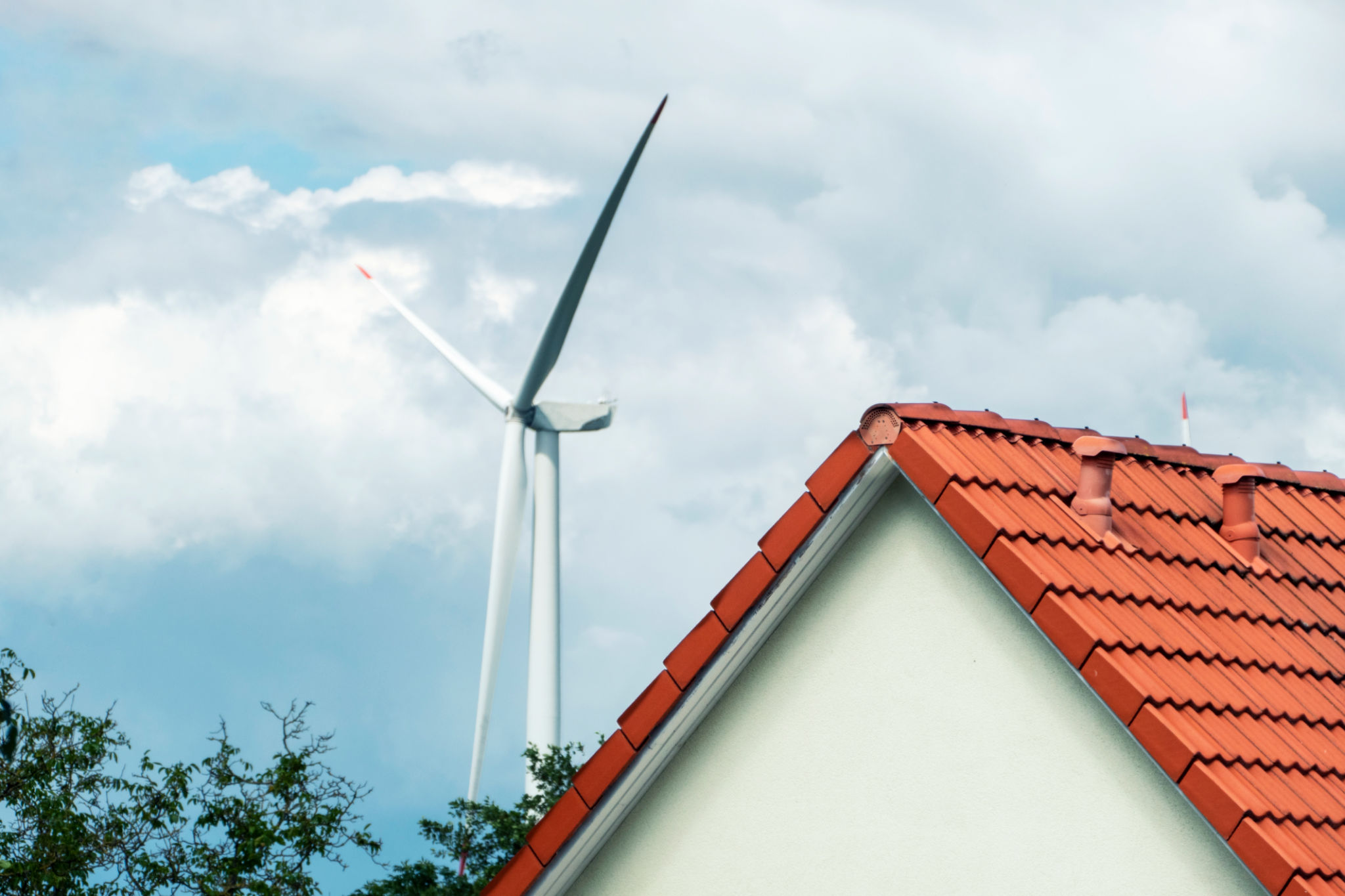The Ultimate Guide to Renewable Energy Systems in SA: Benefits for Your Home
Understanding Renewable Energy Systems
Renewable energy systems are gaining significant traction in South Africa as homeowners seek sustainable and cost-effective energy solutions. These systems harness natural resources such as solar, wind, and hydro to generate electricity, offering an eco-friendly alternative to traditional fossil fuels. By reducing reliance on non-renewable sources, homeowners can contribute to a greener future while enjoying long-term financial savings.
The transition to renewable energy is not just a trend; it's a necessary shift towards sustainability. With the global push to reduce carbon emissions, South Africa is uniquely positioned to take advantage of its abundant natural resources, particularly solar energy. This makes investing in renewable energy systems not just beneficial but also a strategic choice for homeowners.

Types of Renewable Energy Systems for Homes
Solar Power Systems
Solar power systems are among the most popular renewable energy solutions for residential use in South Africa. These systems convert sunlight into electricity using photovoltaic (PV) panels installed on rooftops. The country's sunny climate offers an excellent opportunity for homeowners to generate significant amounts of solar energy, making it a highly effective option.
Wind Turbines
While less common than solar systems, residential wind turbines can be a viable option for homes in areas with consistent wind patterns. These turbines use wind energy to generate electricity, providing a complementary or alternative solution to solar power. Although initial setup costs can be high, the long-term benefits often outweigh these expenses.

Benefits of Renewable Energy Systems
Investing in renewable energy systems offers numerous advantages for homeowners. Cost savings is one of the most compelling benefits, as homeowners can significantly reduce or even eliminate their monthly electricity bills. Additionally, many governments offer incentives or rebates to encourage the adoption of renewable energy, further offsetting initial costs.
Beyond financial savings, renewable energy systems provide environmental benefits. By decreasing reliance on fossil fuels, they help reduce greenhouse gas emissions, contributing to cleaner air and a healthier planet. Moreover, renewable energy sources are inexhaustible, ensuring a reliable power supply for future generations.

Considerations for Installation
Before installing a renewable energy system, it's essential to assess your home's specific needs and conditions. Factors such as location, roof orientation, and local climate play crucial roles in determining the most effective system for your home. Consulting with a professional installer can help you make informed decisions and maximize your system's efficiency.
It's also important to consider the long-term maintenance of these systems. Regular inspections and cleaning can ensure optimal performance and longevity. Understanding your system's warranty and service options will also help protect your investment over time.
The Future of Renewable Energy in SA
As technology advances and costs continue to decrease, the adoption of renewable energy systems in South Africa is expected to grow significantly. This shift not only supports individual homeowners but also contributes to national energy security and sustainability goals. By embracing renewable energy, South Africans can lead the way in creating a resilient, environmentally-friendly future.
In conclusion, renewable energy systems offer a multitude of benefits for South African homeowners. From reducing electricity bills to promoting environmental sustainability, these systems are an investment in both your home and the planet. As awareness and accessibility increase, more households will undoubtedly join the movement towards clean energy solutions.
